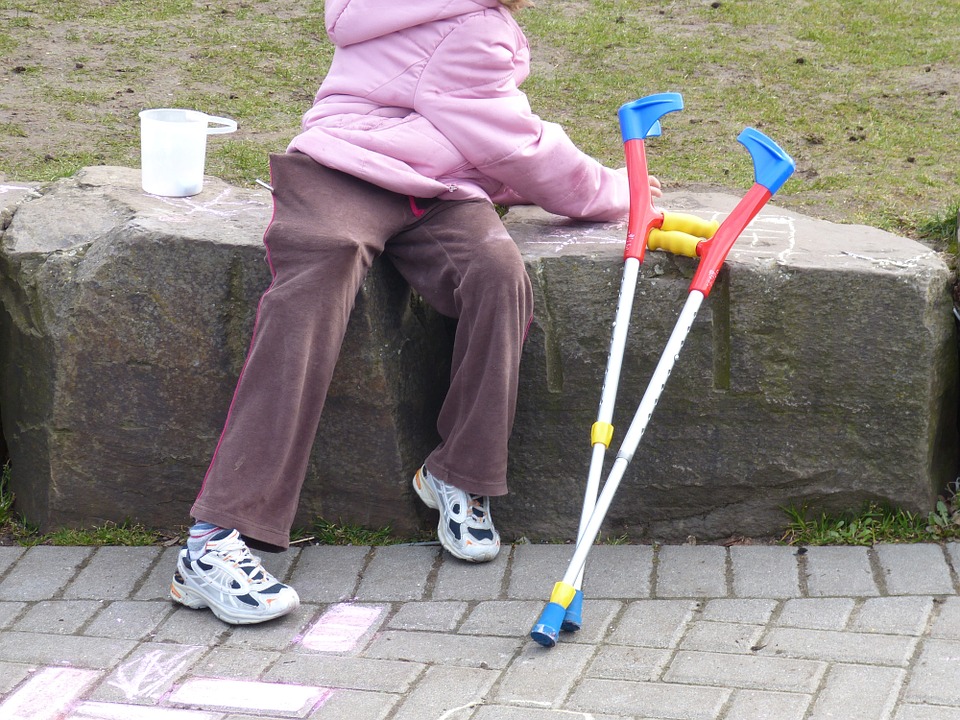
Cerebral palsy is a name used to describe various lifelong conditions affecting a person’s movement or coordination that result from damage to the brain before, during or immediately after they are born.
The symptoms of cerebral palsy are usually not immediately apparent and will normally start to appear over the first 2-3 years of a child’s life. While there is no cure, with the right treatment these symptoms can be managed, minimising their impact on your child’s life.
A key point to note is that the brain damage that causes cerebral palsy will not normally get worse as your child grows, meaning the underlying cause of their condition will not deteriorate. However, certain symptoms, such as muscle stiffness, may need continuous treatment to minimise their impact.
Symptoms of cerebral palsy
The exact symptoms of cerebral palsy and their severity will vary from case to case. The following are some of the most common symptoms:
- Stiff muscles
- Reduced range of movement
- Weak legs or arms
- Random, uncontrolled movements
- Difficulty swallowing and drooling
- Problems with speech
- Problems with vision
- Learning disabilities
Treatments for cerebral palsy
Getting the right treatment for cerebral palsy can help mitigate some of the symptoms and prevent them from getting worse as your child grows up. While some of this treatment will take place while your child is still developing, some treatment, such as medication and surgery, may be required on an on going basis over their whole life.
Medication – Can relieve pain, muscle stiffness, drooling and other issues commonly experienced by those with cerebral palsy, such as trouble sleeping, epilepsy and constipation.
Surgery – Can help with more severe issues, such as very tight muscles, dislocated hips and curvature of the spine.
Physiotherapy – Stretching and strength exercises can help to develop muscle tone and prevent muscles from shortening which can lead to limited range of movement if untreated.
Speech and language therapy – Can help improve a person’s speech, making them better able to communicate verbally, or may involve teaching sign language, how to use text-to-speech software and other alternative types of communication.
Occupational therapy – This can help to identify any particular problems a child with cerebral palsy is having with daily tasks, such as dressing themselves or washing, and teach them techniques to make these jobs easier so they can live more independently.
How to fund life long care for your child with cerebral palsy
People with cerebral palsy will normally need various medical treatments and therapeutic care throughout their childhood and many will need on going support throughout their lives. While some of this treatment and care is available for free on the NHS, other types of support may need to be funded privately.
If your child’s cerebral palsy was caused by medical errors during their birth, you may be able to make a claim for birth injury compensation. This can give you the money you need to ensure your child has all the support they need throughout their life.
If you are considering making a claim, it is worth contacting a firm of specialist cerebral palsy solicitors. They will be able to advise you on the strength of your claim, how much compensation you may be able to win and what you need to do to start a claim.
